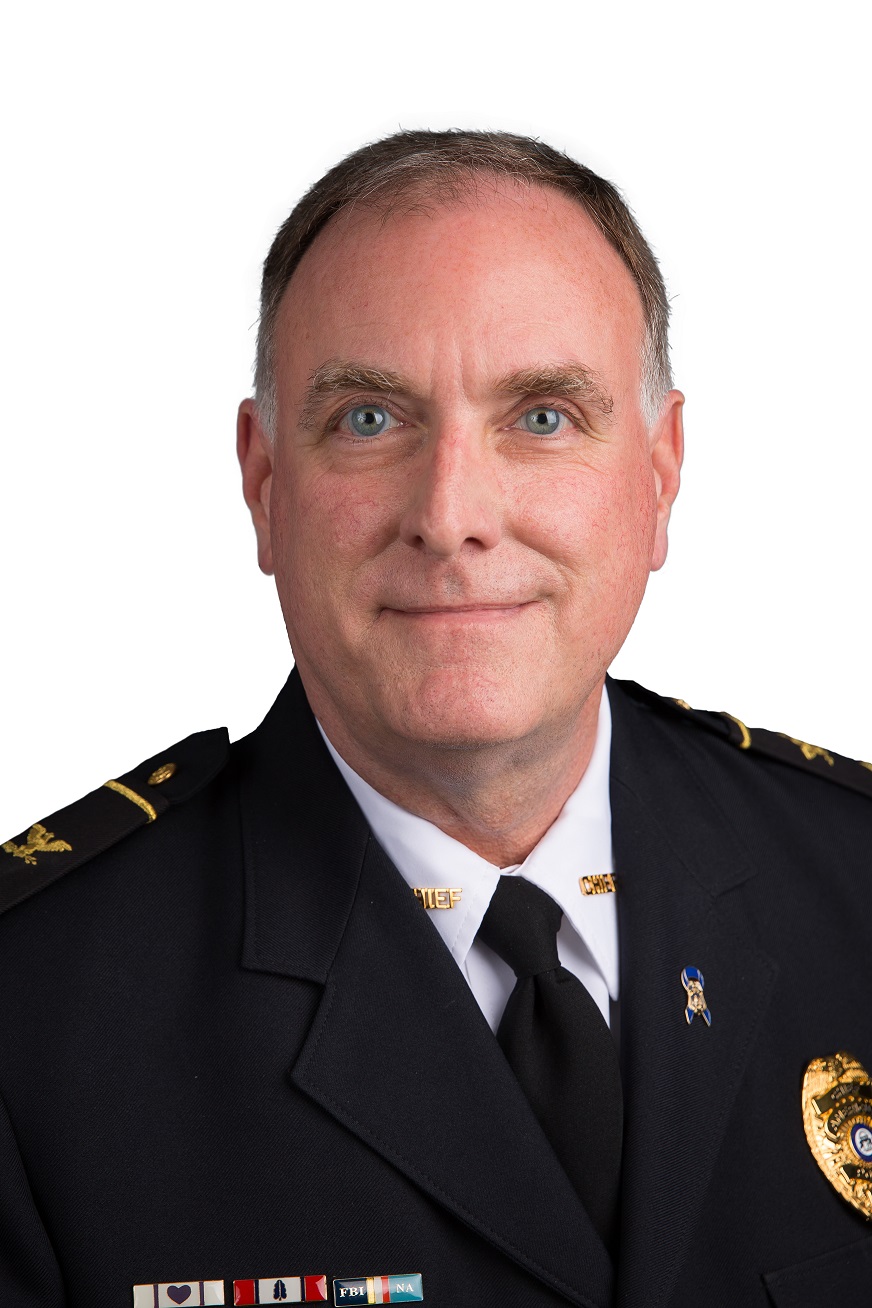Chief Scott Talks about Becoming President of the Georgia Chief’s Association
Published 3:24 pm Friday, September 8, 2023
Chief Mark Scott gave an interview on September 7th where he talked about his involvement in the GACP and his role as president.
“GACP is a state mandated organization. It’s incorporated by state law. Our primary mandate is to provide training for police chiefs. Every police officer in the state of Georgia has to get twenty hours of in service training every year to maintain their certification.”
“Police chiefs have to get twenty hours of in-service training but they also have to get twenty hours of executive training. We also provide a sixty-hour new chiefs training school for newly appointed police chiefs.”
He mentioned some of the challenges police departments are facing in Georgia.
“There are over seven thousand vacancies of sworn officers in the state of Georgia right now.”
“A lot of our police departments are at critical staffing levels. They are at the very bare minimum to just answer calls.”
He described a nationwide issue.
“The number of people leaving the job market for retirement is going up, the number of young people entering the job market is going down.”
Chief Scott described plans to combat shortages.
“Right now we’re trying to put together a media campaign to put the message out there that law enforcement is an honorable career, it’s a critical career. If you want a job that you know makes a difference and impacts people’s lives every day, then public safety is a great career choice.”
He also listed some of the department’s accomplishments.
“We were able to get state certified. So that’s another huge program that the Georgia Chief’s manage. We manage the state certification program. It’s a voluntary program but it’s growing exponentially. There is a movement across the nation to hold police departments accountable, make sure that we are operating professionally and meeting minimum standards, so state certification is one of the ways that we can do that in Georgia.”
“To me, professional standards are huge. Making sure that the department is up to date, that we’re on the cutting edge of what’s going on across the country, that we’re staying on top of changes in the law, changes in court opinions.”
“Six percent of agencies in the state of Georgia are nationally accredited, so we’re an elite agency here. Through the chief’s agency that’s one of the things that we are pushing is that every agency in the state of Georgia should be certified, in my opinion. But again, its voluntary unless the legislators decide to make it mandatory, which is one of the things that they are talking about.”
He also described his career in the police force leading up to his current position.
“I’ve been a police officer for thirty-four years. I just had my thirty-fourth anniversary in August. I started in Thomasville as a patrol officer. I worked there for twenty years. I worked patrol, investigations, got promoted and took over the support side of the department. Left Thomasville at twenty years at the rank of captain.”
“I had pretty much topped out at captain. We had just gotten a new chief. I saw that Albany was looking for a deputy chief. I wasn’t really looking to leave Thomasville, I just threw my hat in the ring, applied, and ended up getting it.”
“In the couple of months between Albany and here we got a new chief, and he eliminated the deputy chiefs, so I had to find something. Americus gave me the opportunity to come here. I’ve been here seven years, which is a long time for a chief here.”
He also talked about the department’s relationship to the community.
“We try to be very involved. It’s hard to go to a meeting in Americus and not see one of us there. We try to be involved in everything that is going on in the community.”
He ended the interview by giving his reasons for working in law enforcement and what he would say to someone considering it.
“It’s not something you’re going to get rich doing, but the satisfaction of knowing that you’re making a difference, that you’re impacting people’s lives, that you can have a positive influence on people, to me that’s worth it. But as a community, we have to pay people what they are worth.”







